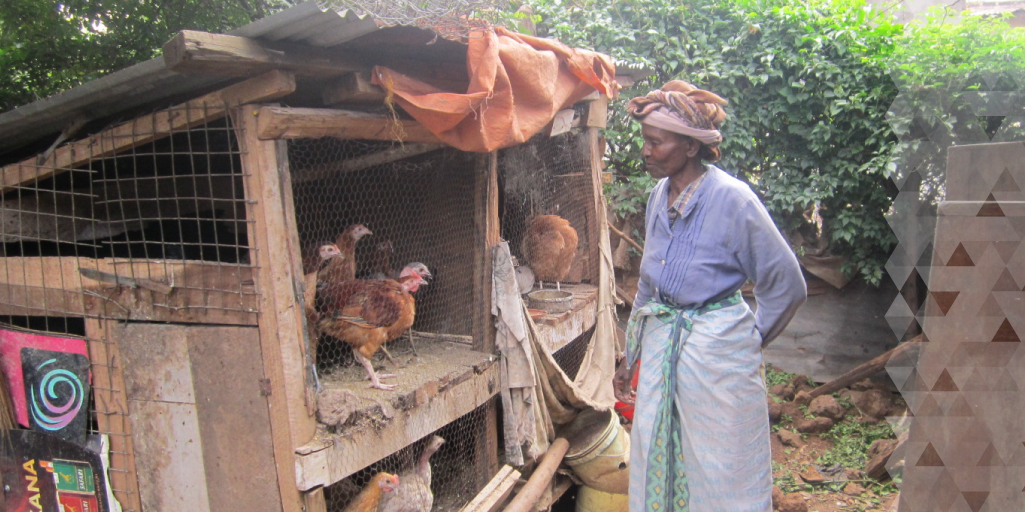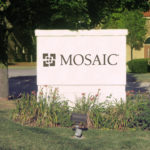Eradicating Poverty for People with Disabilities in Tanzania

“Wherever men and women are condemned to live in extreme poverty, human rights are violated. To come together to ensure that these rights be respected is our solemn duty.”
– Father Joseph Wresinski, initiator of the International Day for the Eradication of Poverty
On Oct. 17, 1987, human and civil rights advocates from every continent gathered to honor victims of hunger, violence and ignorance. They affirmed their conviction that human misery is not inevitable. They pledged their solidarity with all people who, throughout the world, strive to eradicate extreme poverty.
The UN defines extreme poverty as living on less than $1.25 a day.
Of all the vulnerabilities affecting people in developing nations, physical and intellectual disabilities present the greatest challenges to the eradication of poverty. Mosaic’s international work is focused on helping people with intellectual and developmental disabilities in developing nations. Regardless of the corner of the world, disability has a profound impact on a family’s ability to escape the cycle of poverty.
A child or adult with a disability, in an environment lacking proper infrastructure, inclusive health and education systems, and without opportunities to earn a living, compounds the financial stress on the family. This, plus misguided cultural beliefs on the causes of disability, often lead to neglect, abuse, abandonment and vanished potential.
Mosaic’s approach to eradicating poverty is focused on both short and long-term support. One of the most common challenges parents of children with disabilities face is a lack of appropriate care centers that address the physical, developmental and health needs of their children in a safe environment.
Simply put, if there’s no safe place for a child with disabilities during the day, parents can’t work.
When Building a Caring Community (BCC) in Tanzania opened its doors nine years ago, the result of a partnership between Mosaic and the Northern Diocese of the Evangelical Lutheran Church of Tanzania, parents rejoiced tremendously to see an answer to their desperate prayers.
These parents are now able to work, and their children receive education and other support. Many parents work in BCC’s parent co-ops, sewing bags to eventually sell.
An example of a long-term plan is the BCC’s Young Adult Program. After years of support, the first cohort is getting ready to graduate from the program at the end of 2017.
Many of the soon-to-be graduates came in with limited physical, social and communication skills. Now they emerge with plans to earn a living raising chickens, cleaning, working on farms, or starting their own businesses.
Their plans, seeded by a micro-grant from Mosaic, will help them escape the cycle of poverty.
In the fight to eradicate poverty, it is the sum of all of our actions put together that will make a real difference. It starts with a strong social will for change, backed with knowledge and funding, and applied where it is most needed.
Today is International Day for the Eradication of Poverty, we invite you to learn more about poverty, disability and Mosaic’s efforts to address these issues in Tanzania and around the world.


